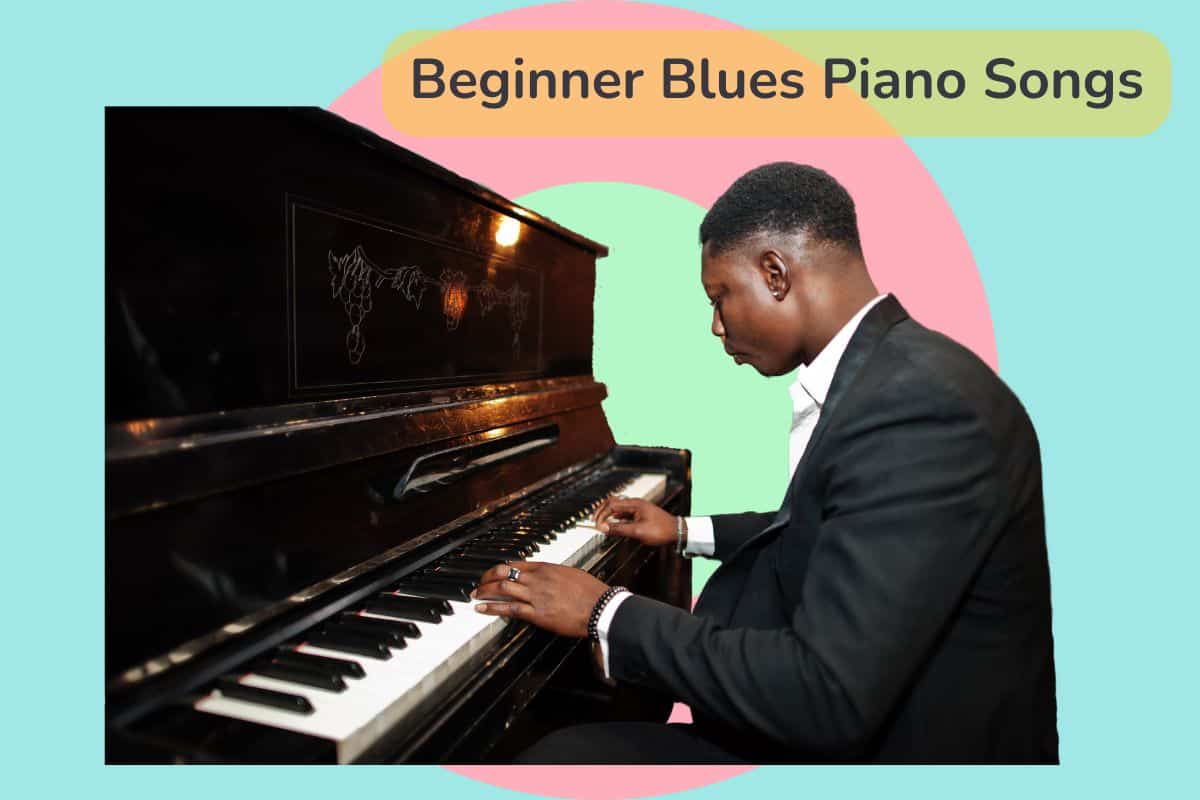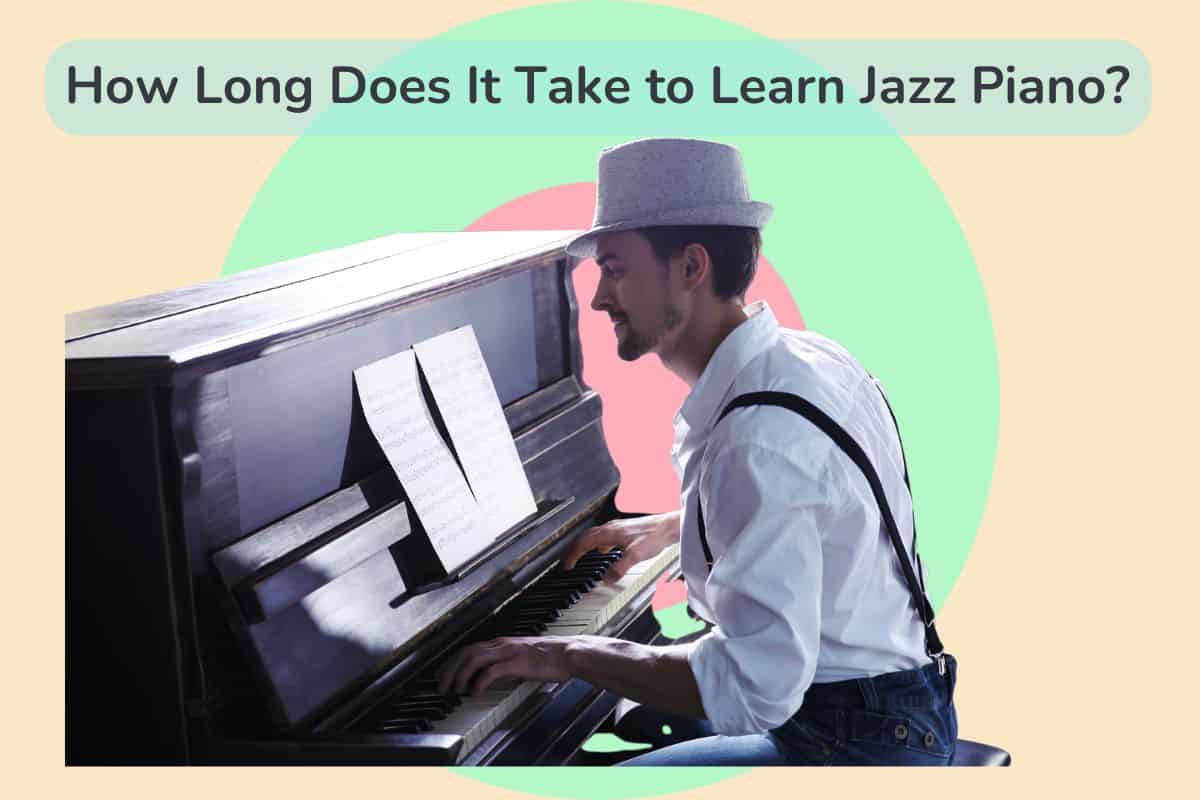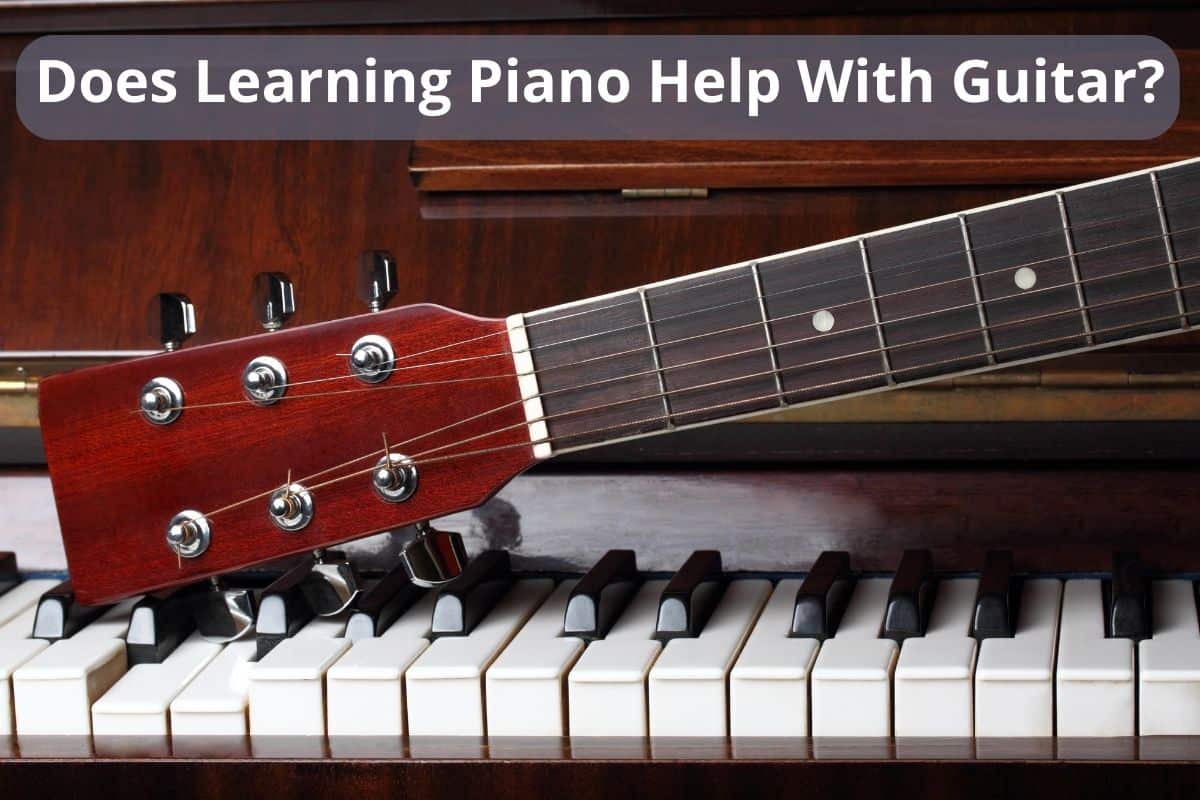If you’re looking to learn how to play the piano, finding a great piano teacher is crucial. But what exactly makes a piano teacher “great?” Is it their technical skills on the piano? Their knowledge of music theory? Or is it something else entirely?

In this article, we’ll explore the qualities that make a piano teacher truly exceptional and how you can find the right teacher for your needs.
Passion for Music
One of the most important qualities of a great piano teacher is a passion for music. This passion should be evident in everything they do, from the way they talk about music to the way they play the piano. A great piano teacher should inspire their students to love music as much as they do and develop a deep appreciation for the beauty and complexity of the piano.
Love for the Piano
A great piano teacher should have a genuine love for the instrument. They should be able to convey this love to their students and inspire them to develop their own love for the piano. This love should be evident in the way they play and talk about the piano, as well as the way they teach their students to play.
Musical Knowledge and Experience
Having a deep knowledge of music theory and history is a must, too, as well as a wealth of experience playing the piano. This knowledge and experience should inform their teaching and enable them to help their students develop their own musical skills and understanding. They should be able to explain complex musical concepts in a way that is easy for their students to understand. They should be able to provide guidance and support as their students develop their own musical abilities.
Overall, a passion for music is one of the most important qualities of making a piano teacher excel. This passion should be evident in everything they do and should inspire their students to develop their own love for music and the piano.
Piano Teaching Skills
Being a great piano teacher requires more than just being a skilled pianist. It requires a set of teaching skills that allow them to communicate effectively with their students, motivate them, and help them improve their piano-playing abilities. Here are some key teaching skills to look out for:
Patience and Encouragement
Patience and encouragement are essential qualities for any great teacher. Learning to play the piano can be a frustrating and challenging experience for students, and it’s important for teachers to be patient and supportive throughout the learning process. Encouragement is also crucial for motivating students to practice and improve their skills. By providing positive feedback and celebrating their successes, they can help their students build confidence and stay motivated.
Effective Communication
Effective communication is another key teaching skill that they should have. As a teacher, they need to be able to explain complex concepts and techniques in a way that is easy for students to understand. They should also be able to listen to their students and provide constructive feedback that helps them improve. Clear communication is essential for building a strong teacher-student relationship that fosters learning and growth.
Adaptability and Flexibility
Adaptability and flexibility are important teaching skills that allow them to tailor their teaching approach to meet the needs of each individual student. Every student is unique, and what works for one student may not work for another. As a teacher, they need to be able to adapt their teaching style to match the learning style and personality of each student. This may involve using different teaching methods, adjusting their pace, or finding creative ways to engage their students.
By possessing these key teaching skills, they can help students achieve their goals and develop a lifelong love of music.
Teaching Philosophy and Methods
The teaching philosophies and methods they use are crucial to the success of the students. Here are some key factors to consider:
Customized Lesson Plans
Every student is unique, so it’s important that lesson plans are tailored to their individual needs and goals. These should take into account their age, skill level, learning style, and musical interests when planning the lessons. For example, if there’s a young student who is just starting out, they may want to focus on basic techniques and simple songs. Advanced students may want to focus on more complex pieces and advanced theory.
Varied Teaching Techniques
By using a variety of teaching techniques, they can help keep their students engaged and motivated. This can include incorporating different teaching styles, such as visual, auditory, and kinesthetic. For example, visual aids such as diagrams or videos to demonstrate a technique or use call-and-response exercises to reinforce a concept.
In addition, they can also incorporate technology into their teaching, such as using apps or online resources to supplement their lessons. This can help your students stay engaged and motivated while also providing them with additional resources to practice and learn.
Motivational Strategies
Keeping students motivated is key to their success as pianists. Motivational strategies such as setting achievable goals, providing positive feedback, and using rewards and incentives can be really beneficial. For example, they may want to set a goal for their student to learn a specific piece by a certain date and then reward them with a special treat or recognition when they achieve that goal.
It’s also important that they create a positive and supportive learning environment by encouraging their students to ask questions and express their thoughts and feelings about their progress. By creating a safe and welcoming space, they can help their students feel more confident and motivated to learn.
Professionalism
Professionalism is another important quality that great teachers have. It encompasses many aspects of a teacher’s behavior and attitude. Here are some qualities to look out for and explain what it means to be a professional piano teacher:
Punctuality and Reliability
You want someone who is punctual and reliable. They should show up on time for every lesson and be prepared to teach. If they need to reschedule a lesson, they should give their students and their parents plenty of notice. This shows that they respect their time and are committed to their progress.
Professional Appearance and Demeanor
Another factor to consider is how they dress for their lessons. They don’t have to wear a suit and tie, but they should look neat and clean. Their demeanor should also be professional. Ideally, you want someone to be friendly and approachable but also firm and authoritative. This will help them establish themselves as an authority figure and gain their students’ respect.
Respect for Students and Parents
They should also treat their students and their parents with respect. They should listen to their concerns and address them in a timely manner. They should also be patient and understanding. Learning to play the piano can be frustrating at times, and students may need extra encouragement and support. By showing them respect and empathy, they can help them overcome their challenges and achieve their goals.
Where to Find Great Piano Teachers
The journey to becoming a skilled pianist starts with finding a great piano teacher. So, where do you find the right mentor who can turn your piano dreams into reality? Here’s a little secret: great piano teachers are everywhere; you just have to know where to look!
But first, you want to ask yourself, how do you want to be taught? Do you want to have traditional live in-person lessons with you interact directly with your teacher, or do you want to do it online?
If you want to go the traditional route, the first place to start your search is close to home – in your local community. Local music schools are brimming with talented piano teachers who are eager to nurture the next Mozart or Elton John. Then, of course, you can search online via Google, Yelp, and Social Media platforms.
Alternatively, with the wonders of modern technology, you can also have live piano lessons over platforms like Skype and Zoom. This is something that really took off during Lockdown and is still a popular method of learning. It’s especially great if you work unsocial hours or live remotely, and is usually a lot cheaper than traditional in-person lessons.
Using platforms such as Zoom or Skype, you can take lessons from experienced teachers in the comfort of your own home. Imagine learning piano while forming a friendship with someone in a different part of the world!
Whether you choose a local teacher or an online one, the most important thing is to find a teacher who inspires you, motivates you, and makes learning piano an absolute joy.
Final Thoughts
Finding a good piano teacher can make all the difference in your piano lessons. They can help you choose the right repertoire, prepare for a recital, and guide you through a syllabus that sets you up for success.
When choosing a teacher, it’s important to find someone who can help you develop good technique and motivate you to practice. A teacher who is able to make the lessons contagious and enjoyable is also key.
If you’re looking for a teacher for your child, it’s important to find someone who understands their unique needs and can help them develop their musicianship. Look for a teacher who has a strong teaching philosophy and is committed to their own professional development.
Keep in mind that not all teachers are created equal. A music degree doesn’t necessarily mean that someone is a great teacher. It’s important to find someone who is able to help you learn to play a musical instrument and play the music in a way that you enjoy.
Many of those that make the best teachers do so because they are able to adapt to each of their student’s needs and help them learn in a way that works for them. With the gift of a great musical education, you can learn to play many genres and develop a strong musical foundation.
Remember, the teacher can make or break your progress. Find someone who is able to help you succeed and guide you through the technical aspects of piano playing. They should be able to help you learn to read music and practice effectively.
In the end, it’s important to find a teacher who can help you make music and enjoy the process of learning. Whether you’re just starting out or have been playing for years, a great teacher can help you take your skills to the next level. So don’t wait any longer; find the perfect teacher for you and start making beautiful music today!



